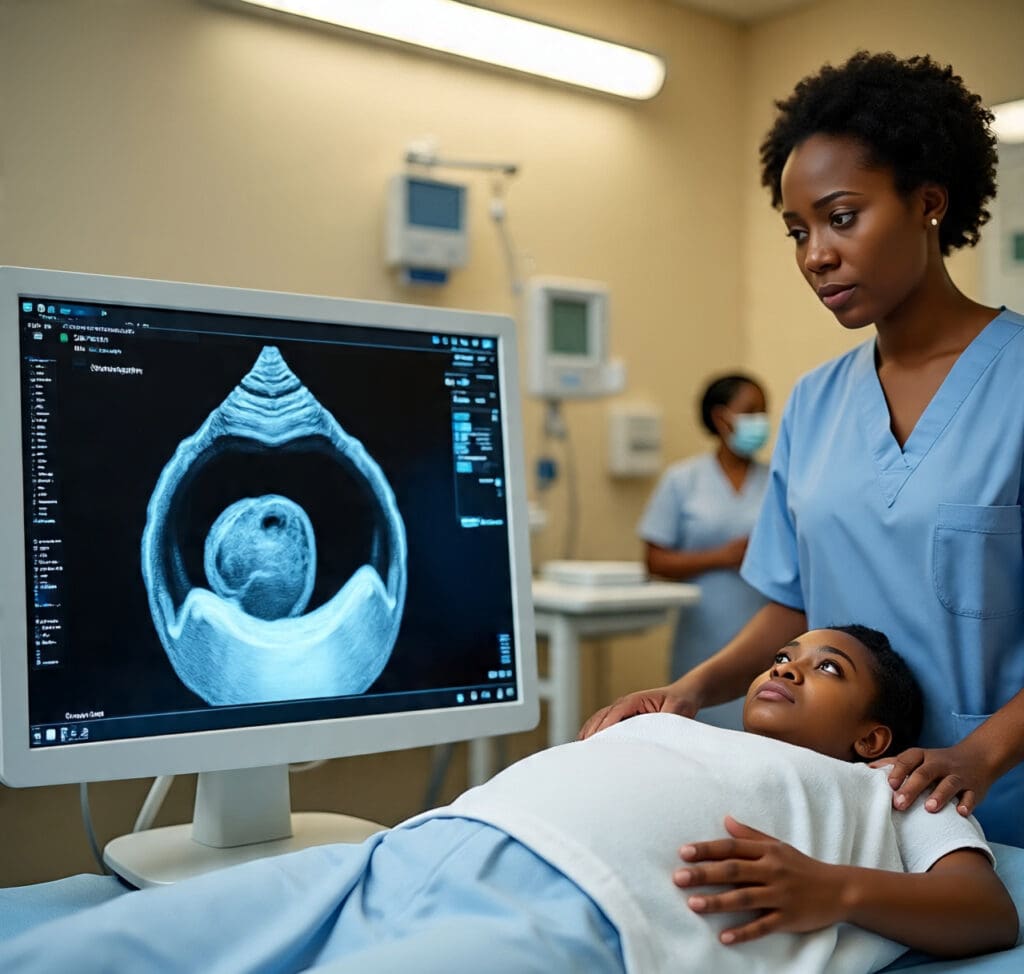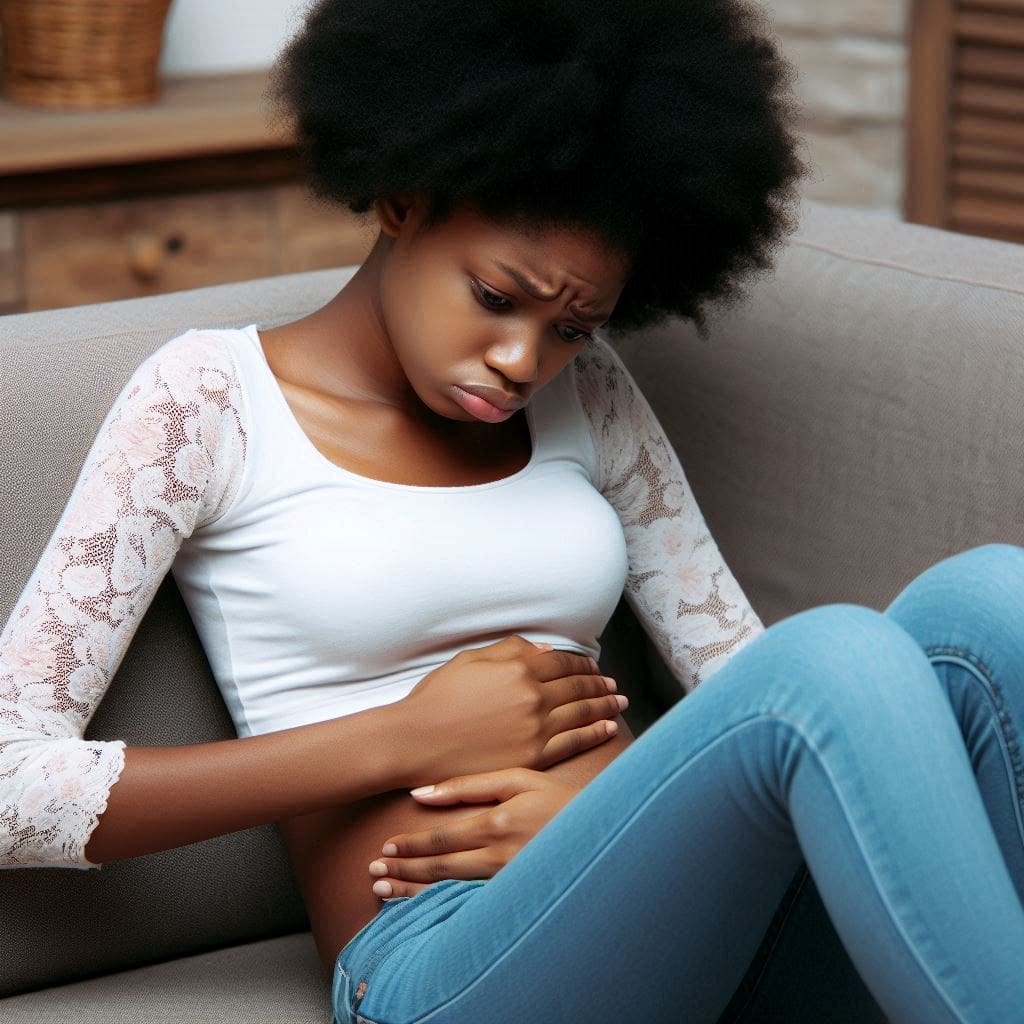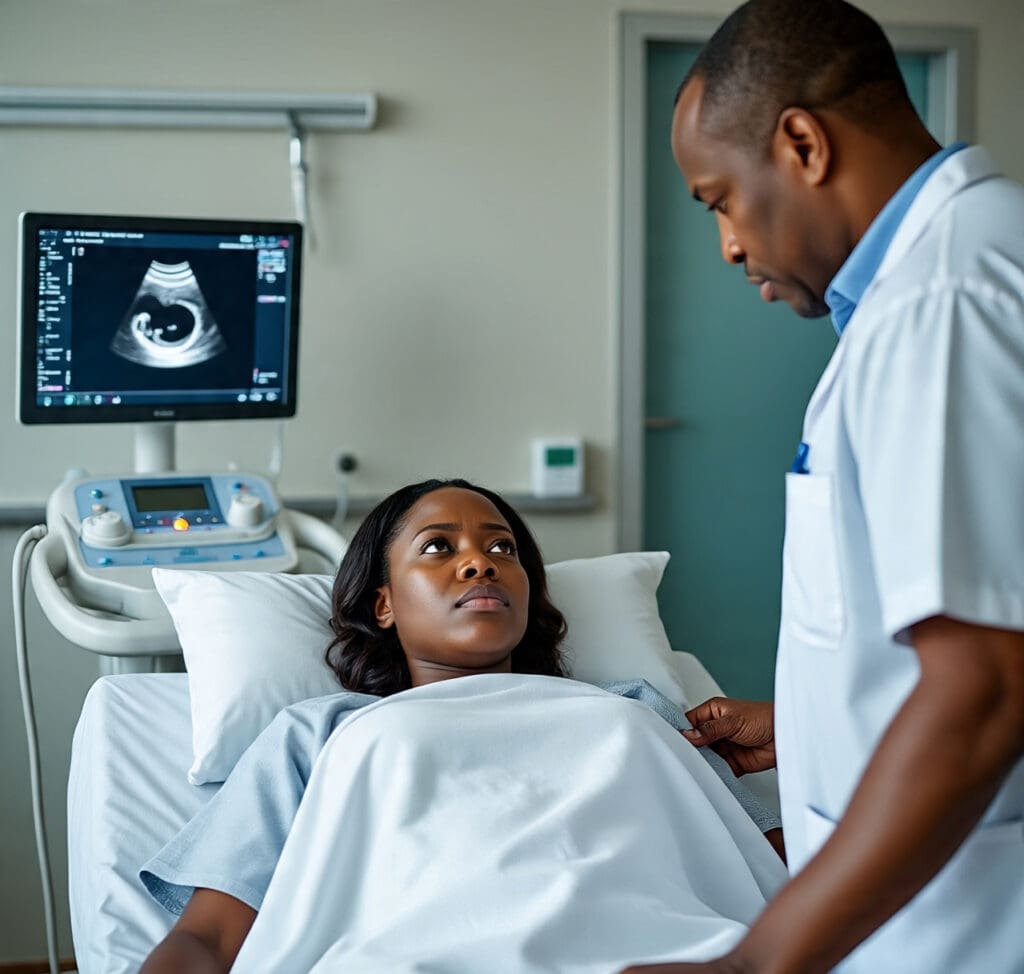
Pregnancy is a beautiful journey, but sometimes, it doesn’t go as expected. One of the rare but serious pregnancy problems is called ectopic pregnancy. It can be dangerous if not treated early, but with quick medical care, many women go on to have healthy pregnancies in the future.
In this article, we’ll explain everything you need to know about ectopic pregnancy—what it is, why it happens, the symptoms to watch for, and how to move forward with hope.
What Is Ectopic Pregnancy?
An ectopic pregnancy happens when a fertilized egg grows outside the uterus, instead of inside the womb where it should. In most cases, the egg gets stuck in the fallopian tube—this is known as a tubal pregnancy. But it can also grow in the ovary, cervix, or even the belly.
Unfortunately, a pregnancy outside the uterus cannot survive. If not treated on time, it can lead to bleeding and serious health problems.
Where Can an Ectopic Pregnancy Happen?
- Fallopian tube (most common)
- Ovary
- Cervix (neck of the womb)
- Abdominal cavity
- C-section scar (rare)
Causes of Ectopic Pregnancy
Ectopic pregnancy happens when the fertilized egg cannot reach the uterus in time. This may be caused by:
- Blocked or damaged fallopian tubes
– Often due to pelvic infections, like Pelvic Inflammatory Disease (PID) - Previous ectopic pregnancy
– Increases the chances of it happening again - Surgery on the fallopian tubes or abdomen
– Can leave scar tissue that blocks the egg’s path - Endometriosis
– A condition where tissue similar to the womb lining grows outside the uterus - Smoking
– Affects how the fallopian tubes work - Fertility treatments (like IVF)
– May increase the risk, especially if the tubes are already damaged - Age
– As a woman gets older, especially after the age of 35, the risk of having an ectopic pregnancy becomes higher
Who Is at Risk?
You may be at higher risk if you:
- Had an ectopic pregnancy before
- Had a pelvic infection (like chlamydia or gonorrhea)
- Had surgery in the pelvis or fallopian tubes
- Have endometriosis
- Smoke cigarettes
- Conceived through fertility treatments
Signs and Symptoms of Ectopic Pregnancy
Ectopic pregnancy can be hard to detect at first, but watch out for these early warning signs:

Sharp pain in the lower belly or one side of the body
- Shoulder pain (from internal bleeding)
- Vaginal bleeding or spotting
- Feeling weak or dizzy
- Fainting (in severe cases)
- Pain during sex or urination
If you’re pregnant and notice any of these signs, seek medical help immediately. Ectopic pregnancy is an emergency.
How Many Months Can an Ectopic Pregnancy Grow Before It Becomes Dangerous?
An ectopic pregnancy usually becomes dangerous within the first 6 to 8 weeks of pregnancy. This is because the fertilized egg is growing in the wrong place, often in the fallopian tube, which is too small to hold a growing embryo.
If not treated on time, it can cause the tube to burst (rupture). This usually happens between 6 and 10 weeks. When this happens, it leads to heavy internal bleeding, which can be life-threatening for the woman.
Dangers of Ectopic Pregnancy on the Mother and the Unborn Baby
An ectopic pregnancy happens when a fertilized egg grows outside the womb, most often in the fallopian tube. This is a serious and life-threatening condition that needs quick medical attention.
Dangers to the Pregnant Woman
- Internal Bleeding
If the growing embryo causes the fallopian tube to burst, it can lead to heavy internal bleeding. This can be life-threatening if not treated immediately. - Severe Abdominal Pain
A woman with an ectopic pregnancy may feel sharp, stabbing pain on one side of the lower belly. This pain can get worse over time and may come with dizziness or fainting. - Damage to Reproductive Organs
The fallopian tube can be badly damaged or even removed during treatment. This can affect future chances of getting pregnant. - Shock
In severe cases, the woman may go into shock due to blood loss. This is a medical emergency and requires urgent care. - Emotional Trauma
Losing a pregnancy, especially in an unexpected and painful way, can cause deep emotional pain. Many women experience grief, sadness, or even depression afterward.
Dangers to the Baby (Unborn)
- No Chance of Survival
Unfortunately, a baby cannot survive outside the womb. In an ectopic pregnancy, the embryo cannot grow properly and will eventually stop developing. - Pregnancy Loss
Because the embryo is not in the right place, the pregnancy cannot continue. The baby will not be born, and the pregnancy must be ended for the mother’s safety.
Ectopic pregnancy is a serious condition that puts the mother’s life at risk and cannot result in the birth of a baby. Early detection through pregnancy tests and scans is very important.
How Is Ectopic Pregnancy Diagnosed?
Doctors use several tools to confirm an ectopic pregnancy:
- Pregnancy test – Checks for the hCG hormone
- Ultrasound scan – Looks for the baby inside or outside the uterus
- Pelvic exam – To feel for any pain or swelling in the tubes
Treatment Options
Unfortunately, ectopic pregnancy cannot be saved, but treatment can protect your health and future fertility.
- Medication (Methotrexate)
– If the pregnancy is small and not causing severe symptoms, doctors may give you an injection to stop the cells from growing. - Surgery
– If the tube has burst or is at risk, surgery (laparoscopy or laparotomy) will be needed to remove the pregnancy and sometimes the damaged tube.
Can You Get Pregnant After an Ectopic Pregnancy?

Yes! Many women go on to have healthy pregnancies after an ectopic pregnancy. Even with one fallopian tube, you can still get pregnant naturally.
It’s important to allow your body to heal and follow your doctor’s advice.
What Can Affect Your Chances of Getting Pregnant Again?
- Health of Your Fallopian Tubes
If one fallopian tube was removed or damaged, you still have a chance to get pregnant with the other one, but it may take longer than usual. Also, your doctor may recommend IVF (In Vitro Fertilization) or other fertility options. - Type of Treatment Used
- If doctors used medicine like methotrexate to treat it early, your tubes may not be harmed.
- If surgery was done and one tube was removed, your chances may be lower, but pregnancy is still possible.
- Your Age and Overall Health
Younger women (under 35) and those in good health often have better chances of getting pregnant again. - Past Fertility Problems
If you had trouble getting pregnant before, it may take more time now. But don’t lose hope—many women still go on to have healthy babies.
What to Do Before Trying Again
- Talk to Your Doctor
Wait at least 3 to 6 months to heal completely. Your doctor will guide you on when it’s safe to try again. - Check Your Tubes
A special test can check if your remaining fallopian tube is working well. - Get Early Checkups
If you get pregnant again, see your doctor early. This helps to make sure the new pregnancy is in the right place and not another ectopic.
How to Reduce Your Risk
You may not always be able to prevent ectopic pregnancy, but you can lower your risk by:
- Treating STIs (sexually transmitted infections) early
- Avoiding smoking
- Getting regular gynecological check-ups
- Managing endometriosis and other health conditions
- Talking to your doctor before using fertility treatments
Conclusion: There Is Hope
Ectopic pregnancy is a serious and emotional experience, but you are not alone. With early diagnosis and proper care, your health can be protected—and your dream of having a baby can still come true. Many women have overcome this challenge and gone on to build beautiful, healthy families.
Stay informed, listen to your body, and never ignore pain or bleeding during pregnancy. Your health matters. Your life matters. And there is always hope.



